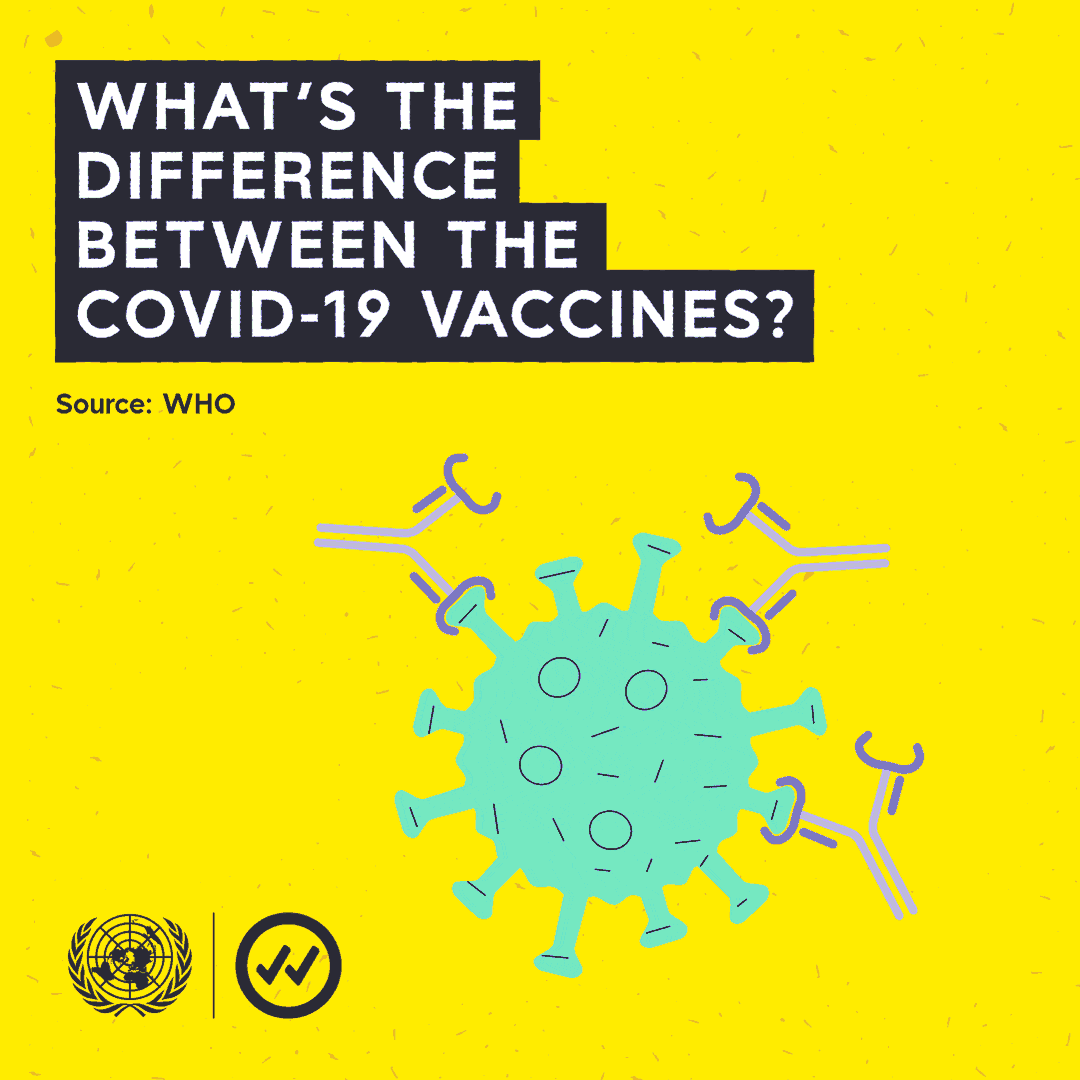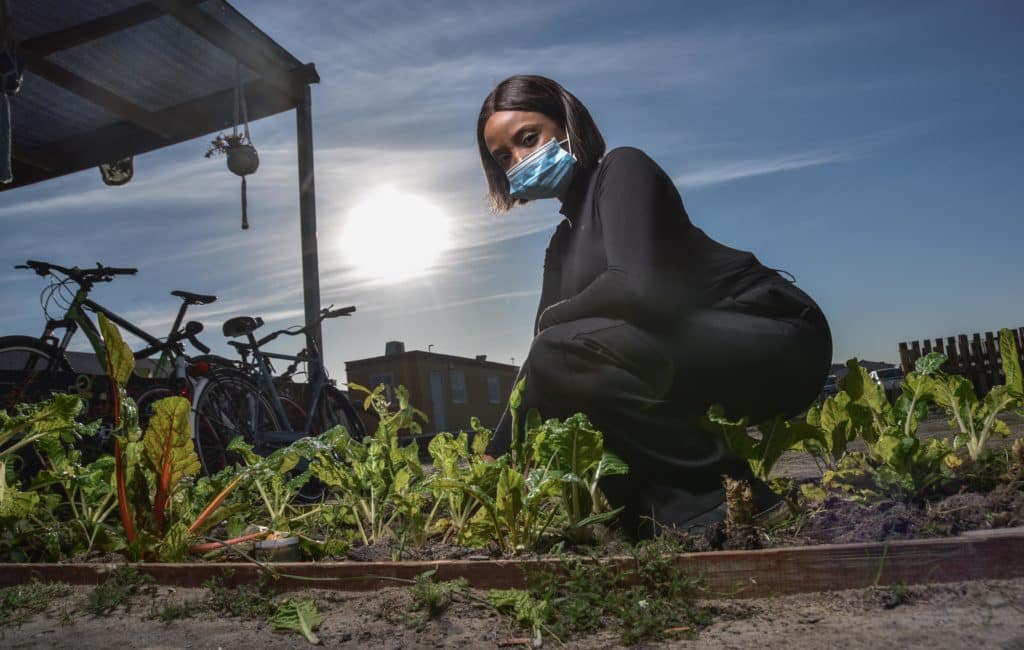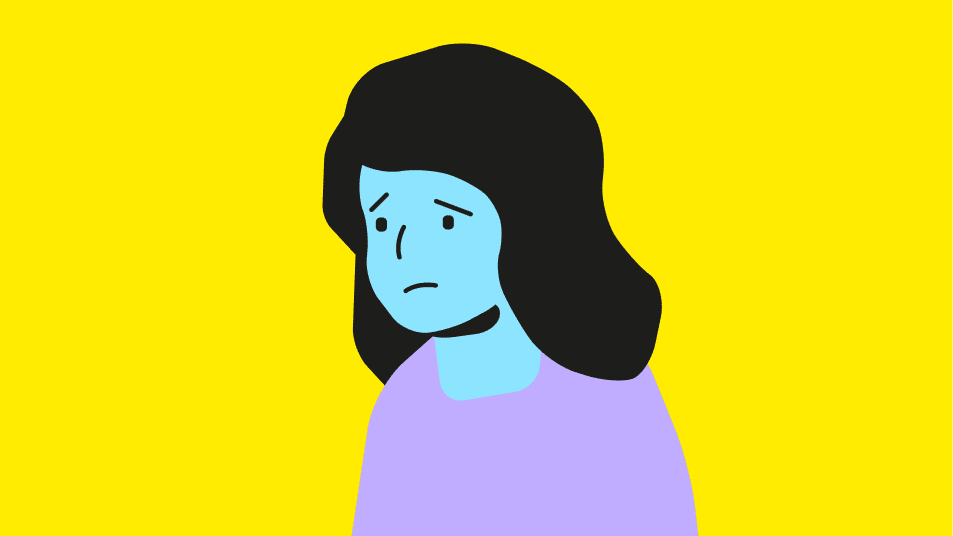What’s the difference between the COVID vaccines?

#OnlyTogether can we end the crisis.
What’s the difference between the COVID vaccines?
So much is in the news right now about the different COVID-19 vaccines – but how does each type work?
There are many COVID-19 vaccines in production around the world, and dozens more being trialled. By June 2021, the World Health Organization had approved eight for widespread use.
Depending on which region or country you live in, you may have access to some vaccines and not others.
Health bodies and scientists worldwide are in agreement that the best vaccine for you is the first made available to you.
All of the vaccines train the human body to recognise and fight Coronavirus if you get infected, by stimulating an immune response. But they do this in different ways, as this explainer from the Global Vaccine Alliance (GAVI) highlights.
Approved COVID-19 vaccines offer a high level of protection from the disease, especially when it comes to preventing the most serious illnesses.
This means that if you have had the vaccine, you are less likely to be hospitalised and die from COVID-19.
Sharing this information with your networks helps people – whether family members, friends or strangers – to understand the difference between the vaccines and feel confident in the vaccines.
More than 3 billion vaccine doses have been administered around the world so far – and these lifesaving vaccines are our best chance to end the pandemic – but there are over 7 billion people on the planet, and we need to make sure they reach everyone, everywhere.

